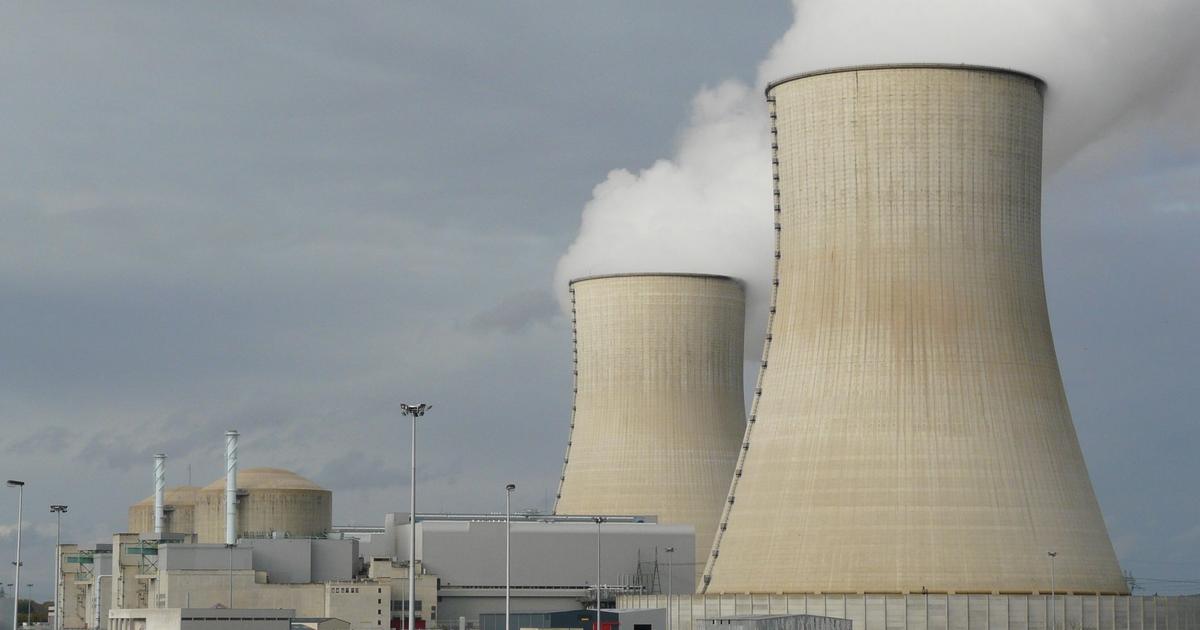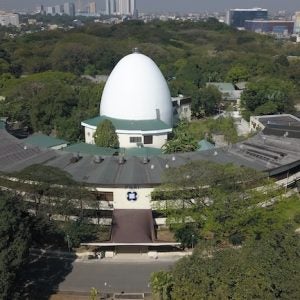 French utility EDF has discovered a radioactive leak in the primary cooling circuit of unit 1 at its Civaux NPP in southwestern France, according to a report by Reuters. While there was no safety risk and no radioactivity was measured outside the plant, the leak could delay the reactor's restart planned for 8 January. However, EDF said “It is too soon to establish what impact this hazard will have on the duration of the reactor's standstill," adding it was premature to suggest this would delay the reactor's restart.
French utility EDF has discovered a radioactive leak in the primary cooling circuit of unit 1 at its Civaux NPP in southwestern France, according to a report by Reuters. While there was no safety risk and no radioactivity was measured outside the plant, the leak could delay the reactor's restart planned for 8 January. However, EDF said “It is too soon to establish what impact this hazard will have on the duration of the reactor's standstill," adding it was premature to suggest this would delay the reactor's restart.
The 1,500MWe Civaux 1 has been shut since August 2021 for scheduled 10-year maintenance. Work on the plant had already been delayed by a week and EDF now faces "a potential major further delay," the industry source familiar with the situation told Reuters.
French regulator Autorité de Sûreté Nucléaire (ASN) said EDF must submit a report on the incident before any decision could be taken on any timing of the restart. EDF said that the leak happened during a hydraulics test aimed at verifying the sealing and resistance of piping, welding and valves of the reactor's primary circuit. "As the pressure reached 190 bar and the temperature 95 degrees Celsius, steam has escaped into the reactor building and simultaneous depressurisation of the primary circuit was registered," EDF said. No staff had been in proximity of the leak and the incident had caused no injury or contamination. No radiological activity had been registered outside the plant. "A leak on the circuit has been confirmed. The water was caught in dedicated receptacles and is confined within the reactor building," EDF said.
Civaux 1 is one of a number reactors affected by corrosion, but the incident was not linked to that problem or to the works to fix it.
However, EDF said on 3 November that it has delayed the restart dates of four nuclear reactors under repair for stress corrosion until 2023. The four reactors are Cattenom NPP units 1&3, Penly NPP unit 2 and Chooz NPP unit 1. Penly 2 and Chooz 1 now set to come back online at the end of January and Cattenom 1&3 at the end of February.
ASN on 3 November ruled against a request by EDF to restart Cattenom 1 before repairing the welds where micro cracks were detected. ASN said two of the welds were of significant dimensions, with maximum depths of 4.7 and 6.1mm. “In the light of the uncertainties surrounding the defect characterisation measurements and the hypotheses and methods used in the mechanical calculations, ASN considers that the strength of the pipes affected by these two indications cannot be guaranteed. The welds concerned will therefore have to be repaired before the reactor can be restarted.”
Corrosion problems were first detected over a year ago on the pipes of the cooling system at the Civaux NPP sparking a campaign of inspections and repair works with some 32 of France’s 56 reactors simultaneously shut down in the summer. In an announcement on 3 November EDF said repair work had been completed at six reactors (Tricastin 3, Cattenom 4, Bugey 4, Chinon B3, Civaux 1 and Flamanville 2). Work is continuing on the Penly 1, Civaux 2 and Chooz 1&2 reactors. This brings to fifteen the total number of reactors affected by these stress corrosion phenomena still awaiting restart.
EDF admitted that repairs required to correct corrosion problems were more extensive than expected. Currently 26 reactors are shut down: 15 for stress corrosion problems and 11 for maintenance. EDF said strikes in October around wages had led to delays in maintenance work.
EDF has lowered its nuclear production estimates for 2022 due to extended repair work. The company forecasts 275-285TWh (of nuclear generation in 2022, down from 280-300TWh previously forecast.
Image: The Civaux nuclear power plant site in southwestern France (courtesy of EDF)






